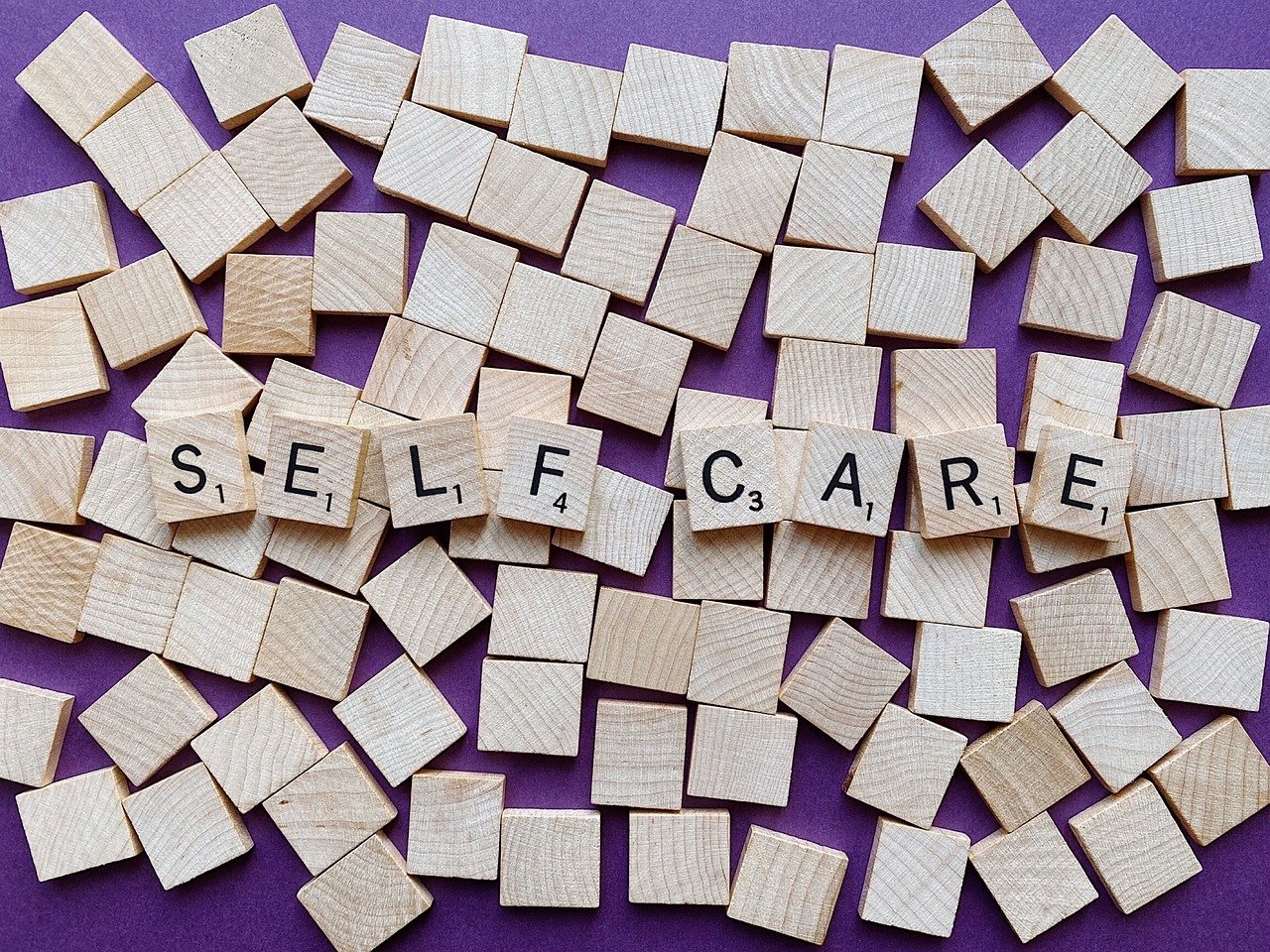Self-Care Practices for Mental Health is an insightful article that explores various strategies and techniques individuals can incorporate into their daily routines to prioritize their mental well-being. This article, published on a health and fitness website, aims to shed light on the importance of self-care in maintaining optimal mental health. Delving into a subject often overlooked, it presents a comprehensive guide on adopting self-care practices that are both practical and effective. By presenting evidence-based techniques, this article empowers readers to take control of their mental well-being, fostering a sense of empowerment and resilience in the face of life’s challenges.
Self-Care Practices for Mental Health
Mental health plays a crucial role in our overall well-being. Taking care of our mental health should be a top priority, just like taking care of our physical health. In this article, we will explore various self-care practices that can help improve our mental health and enhance our overall quality of life.

This image is property of pixabay.com.
Prioritizing sleep
A good night’s sleep is essential for our mental and physical health. It is during sleep that our bodies repair and restore, and our minds process and consolidate information. Lack of sleep can negatively affect our mood, concentration, and overall cognitive function. To prioritize sleep, it is important to establish a regular sleep schedule, create a comfortable sleep environment, and practice good sleep hygiene. This includes avoiding stimulants like caffeine and electronics before bedtime, practicing relaxation techniques to wind down, and ensuring we get the recommended amount of sleep each night.
Maintaining a balanced diet
What we eat can impact our mental health. A balanced diet that includes a variety of nutrients can support brain function and help regulate mood. It is important to include foods rich in vitamins, minerals, and antioxidants, such as fruits, vegetables, whole grains, lean proteins, and healthy fats. Additionally, staying hydrated is crucial for optimal brain function. Avoiding or limiting the consumption of processed foods, sugary snacks, and excessive caffeine can also contribute to better mental health.
Engaging in regular physical activity
Exercise is not only beneficial for our physical health but also for our mental well-being. Regular physical activity can boost our mood, reduce stress, improve sleep, and increase self-esteem. It releases endorphins, which are known as “feel-good” hormones. Engaging in activities we enjoy, such as walking, running, cycling, swimming, or dancing, can make physical activity more enjoyable. Aim for at least 150 minutes of moderate-intensity exercise or 75 minutes of vigorous-intensity exercise every week to reap the mental health benefits.
Practicing mindfulness and meditation
Mindfulness and meditation practices can help calm the mind, reduce stress, and improve overall mental well-being. Mindfulness involves consciously paying attention to the present moment without judgment. It can be practiced through meditation, deep breathing exercises, or simply focusing on the sensations of our body or the environment around us. Regular practice can enhance self-awareness, promote emotional regulation, and cultivate a sense of peace and inner balance.

This image is property of pixabay.com.
Establishing a support system
Having a strong support system is crucial for maintaining good mental health. Surrounding ourselves with supportive friends, family members, or mentors can provide a sense of belonging, validation, and emotional support. Building and nurturing these relationships involves effective communication, active listening, and being willing to seek and offer help when needed. Sharing our thoughts and feelings with trusted individuals can alleviate stress and contribute to improved mental well-being.
Setting realistic goals
Setting realistic and achievable goals can give us a sense of purpose, motivation, and accomplishment. However, it is important to set goals that are within our reach and align with our values and capabilities. Unrealistic expectations and constant self-imposed pressure can lead to feelings of failure, stress, and anxiety. Breaking larger goals into smaller, manageable steps can make them more attainable and increase our confidence and satisfaction with our progress.

This image is property of pixabay.com.
Practicing relaxation techniques
In our fast-paced, stress-filled lives, it is important to make time for relaxation and stress reduction. Engaging in relaxation techniques, such as deep breathing exercises, progressive muscle relaxation, or guided imagery, can help activate the body’s natural relaxation response. These techniques can lower blood pressure, reduce muscle tension, and promote a sense of calm and tranquility. Incorporating regular relaxation practices into our daily routine can help manage stress and improve our overall mental well-being.
Engaging in hobbies and creative outlets
Finding activities that we enjoy and are passionate about can be a great way to improve our mental health. Engaging in hobbies and creative outlets allows us to express ourselves, experience joy, and enhance our overall well-being. It could be painting, playing a musical instrument, writing, gardening, cooking, or any other activity that brings us happiness. Taking time for these activities not only provides a break from daily stressors but also fosters a sense of purpose, fulfillment, and personal growth.

Limiting screen time
Excessive screen time, especially with electronic devices, can have a negative impact on our mental health. Spending excessive time on social media or engaging in online activities can lead to feelings of isolation, comparison, and increased anxiety. It is important to set boundaries and consciously limit our screen time. This can involve scheduling breaks from screens, using screen time tracking apps, or participating in screen-free activities. Allocating time for face-to-face interactions, outdoor activities, or reading can promote a healthier balance and improve our mental well-being.
Seeking professional help when needed
It is essential to remember that self-care practices alone may not be sufficient for everyone’s mental health needs. If struggling with persistent or severe mental health issues, it is important to seek professional help. Mental health professionals, such as therapists, counselors, or psychiatrists, can provide valuable support, guidance, and treatment options. They can help identify and address underlying issues, develop coping strategies, and provide appropriate interventions to support our mental well-being. Seeking professional help is a sign of strength and a proactive step towards better mental health.


